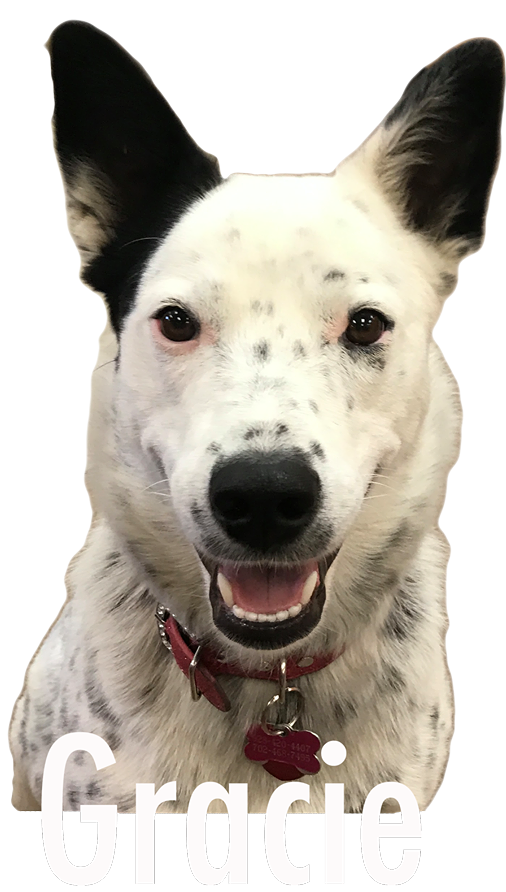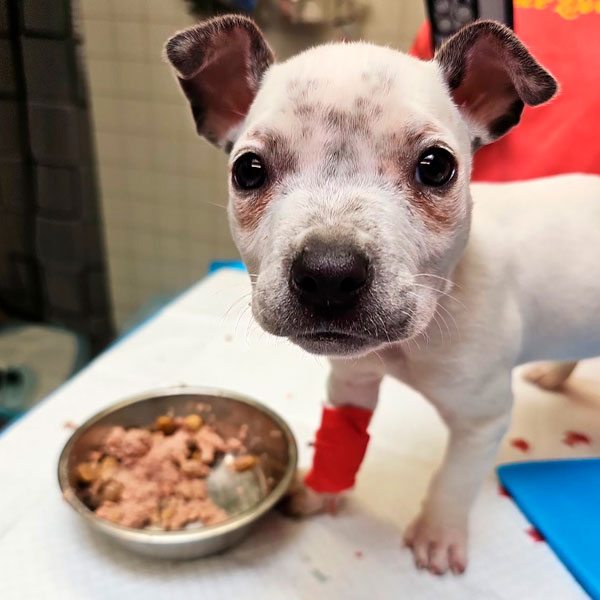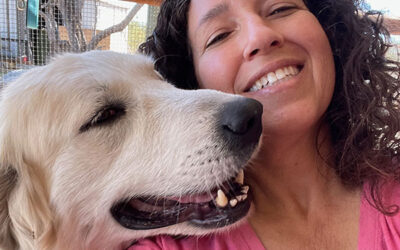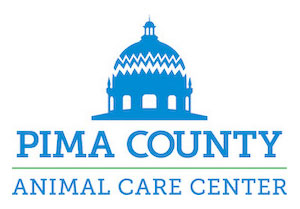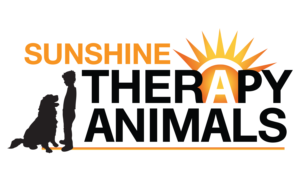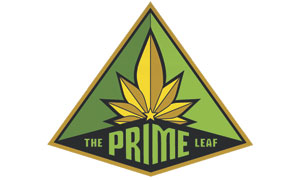Story by Melissa Barrow
An August 2023 survey commissioned by Elanco Animal Health polled 1,000 U.S. dog owners aged 18 and older. The survey found that “…despite 71% of dog owners saying they are familiar with parvovirus, only 54% of that group was able to correctly identify what parvo is – meaning only 44% of total dog owners actually know what parvo is. 20% had no idea which of the four provided statements best described parvo.” These results clearly indicate the need for widespread public education about CPV, so here is a mini tutorial on parvo:
Canine parvovirus was first identified in 1978 when different countries began reporting a mystery virus killing dogs. By 1980, CPV-2 (the deadliest variant) had become a canine pandemic that killed millions of puppies and dogs globally. There are two types: the intestinal variety and a rarer version that targets the heart muscles. Parvo is highly contagious and is typically spread through direct contact with an infected dog or their fecal matter. It’s also extremely resilient, survives on surfaces for days, and is resistant to high temperatures and standard cleaning methods. This enables it to spread in many surprising ways: on leashes, toys, food, and water dishes (especially those in public spaces like dog parks), used cages or bedding, and even the clothing or shoes of people who have had contact with an infected dog or stepped in infected feces or vomit. This handy graphic from CanineParvovirus.org is a useful diagram of this cycle. Their site has a lot of helpful info, including which cleansers can kill the virus.
Once contracted, the virus kills rapidly without veterinary intervention. Dehydration from diarrhea can lead to death in 3 days. In unvaccinated puppies and dogs, this disease has a 91% mortality rate. Certain breeds are more susceptible, including Rottweilers, Dobermans, Pit Bulls, German Shepherds, Labrador Retrievers, and English Springer Spaniels. Thanks to the vaccine, it’s easily preventable by a series of immunizations starting at 6 weeks, followed by boosters for mature dogs every three years — the amount of time it takes for antibody protection to wane. Sadly, many dogs are never vaccinated due to a lack of awareness.
Back to the hopeful news: a California group was among the first clinics to receive doses of the new CPMA treatment. Launched in January 2023, the Fix Project is a non-profit clinic specializing in parvovirus as part of Fix Long Beach Pets’ facility. Their heartwarming success story is Cookie, believed to be the first recipient of this new treatment. This 8-week-old pit bull mix was brought to them by her caretaker in July 2023, where she tested positive for CPV. She was able to receive an intravenous treatment of the CPMA within 30 minutes of diagnosis. Her progress was rapid, and she was able to return to her family fully recovered in a matter of days!
